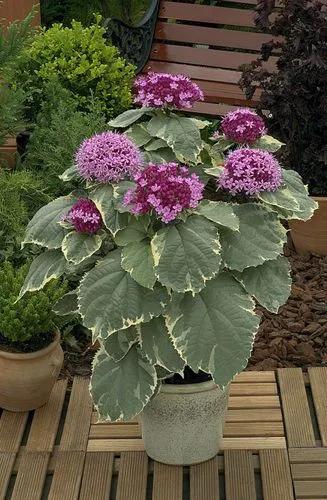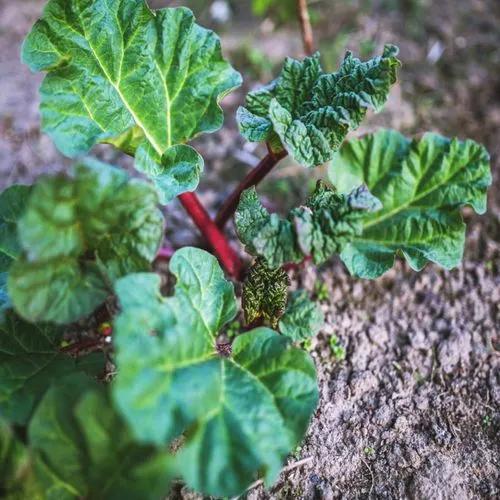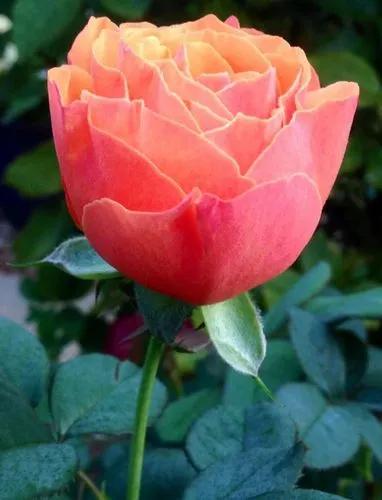The inflorescence of Rhynchostylis gigantea is somewhat shorter, the actual length being determined by genetics and culture of the individual plant. There is something exotic and magical about walking into a winter greenhouse and encountering the warm fragrance of Rhy. gigantea. It leaves a lasting impression one looks forward to year after year.
Rhynchostylis Gigantea Care
Rhynchostylis Gigantea



How to Care for the Plant

Water

When it comes to water, very moist, humid conditions are necessary.

Fertilizer

Their roots look like as Vanda ones, but they are actually more tender and fragile, you should water them regularly but allow them to dry between watering, fertilizers should be applied in spring-winter months but not so abundant as for Vanda, because their growth rate is not so fast as Vanda's.

Sunlight

Rhynchostylis orchids are epiphytic plants that grow on tree trunks in warm, tropical climates. Foxtail orchid plants don't do well in direct sunlight, but they thrive in filtered or dappled light. However, they can tolerate brighter indoor light during the fall and winter.

Soil

Moist but well-drained soil.

Temperature

It is a thermophilic plant The average day temperature is 32-33 ° C, and the night (24-25 ° C), with an amplitude of daily fluctuations of 8 ° C.

Container

Woven plastic or fiber pots most closely resemble how many orchids grow in nature. These basketlike containers loosely hold orchid roots and potting media, allowing air and water to easily pass through. Mesh pots are best in humid environments to ensure plants do not dry out too quickly.
Discover more plants with the list below
Popular articles






